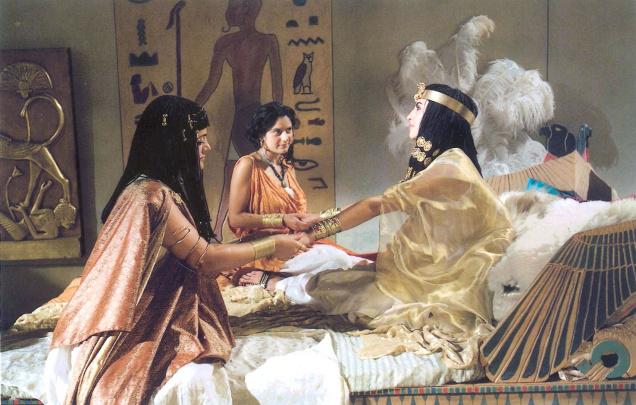FWP:
SETS == DOUBLE ACTIVATION; VARNAH
SOUND EFFECTS: {26,7}
VOWS: {20,2}
ABOUT qasam : To take (literally, to 'eat', khaanaa ) a vow 'of' something can mean either to swear off it (showing that one renounces it), or to swear by it (showing that one greatly values it). (For vowing in an affirmative way-- to do something, rather than not to do something-- va((dah karnaa is used.) How could Ghalib not make use of a nice multivalent little tool like this? For other clever exploitations of the possibilities of qasam , see {123,6}*; {136,2};
{167,3}; {170,7}; {176,7} // {407x,4}. And for an even greater similarity,
take a look at {20,3}, which plays with ba;Ndhnaa in the same literal vs. metaphorical way that
the present verse plays with khaanaa .
Some general comments about this ghazal appear in {89,1}.
This final verse is, to my mind, the cleverest of the three, though all three work along the same lines. The second line gives us parenthetical knowledge as well as overt information: 'Is it [=poison] a vow about meeting you (which I could never take), that I can’t take [it]?'
Although in English we don't 'eat' vows or poison, we luckily 'take' both of them, so the effect of the shared verb can be pretty well recreated. And although in English a 'vow of meeting you' [tire milne kii qasam] has an affirmative feel, in Urdu in this case it's definitely to be taken negatively, as something like 'swearing off' an action.
The presence of varnah means that the second line can be read either in the future subjunctive (which seems to be the primary meaning), or as a kind of implicit contrafactual (an explanation not of future possibilities, but of past actions).
The so-called 'flaw' [((aib] in the second line, of having three kaaf sounds in a row [kii kih khaa] could have easily been remedied, as Shadan notes. And when you realize that the first consonant in the line, and the last, are also both kaaf , and that that the second is the closely allied qaaf -- well, it's hard to believe that Ghalib isn't setting up this effect on purpose. The effect is not pretty, but rather seems bumpy and abrupt. Could we say that this is an effect appropriate to the harsh nature of the line?
Josh points out an additional bit of cleverness-- that perhaps the tyrant's tyranny consists in refusing to meet the lover. The proper revenge would of course be for him to swear not to meet her either. But this he can't do-- just as he can't even 'meet with' or get (using the same verb, milnaa ) the poison that would rescue him from his suffering.
Note for grammar fans: Normally we'd expect tire milne kii to mean 'of getting/obtaining you', while tujh se milne kii would mean 'of meeting (with) you'. But metrical constraints are operative; and in the context of this verse only the 'meeting with' reading makes semantic sense.

Hali:
When they say someone has taken a vow about doing something, it means that he refuses to do that thing. So how could the lover take a vow about meeting the beloved? Thus he says that poison is not a vow about meeting you, that I can’t take it; but because I can’t get it, for that reason I can’t take it.
==Urdu text:Yadgar-e Ghalib, p. 146